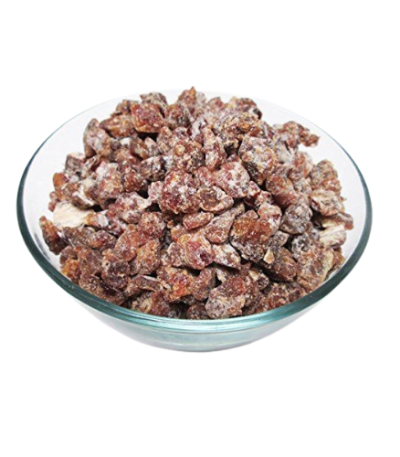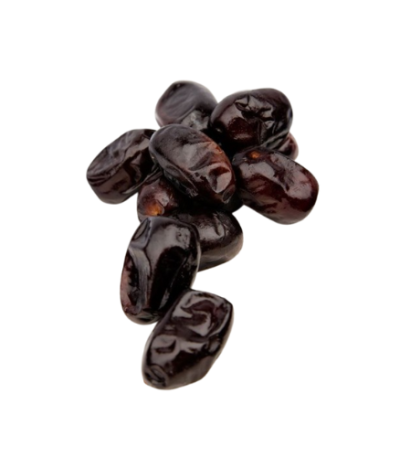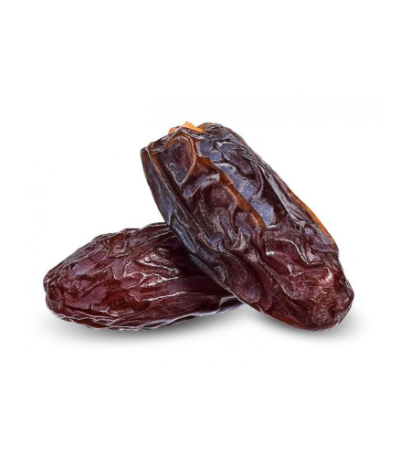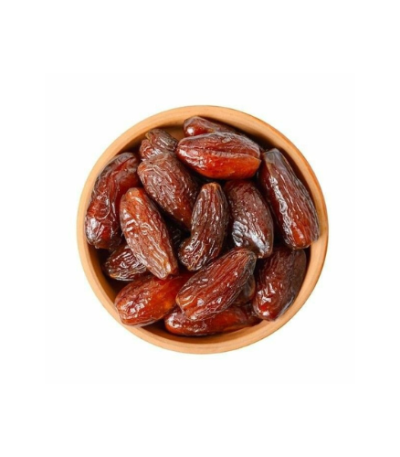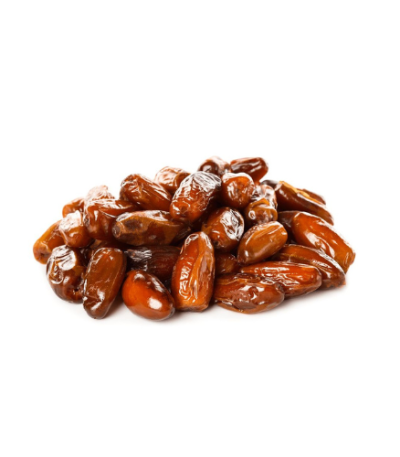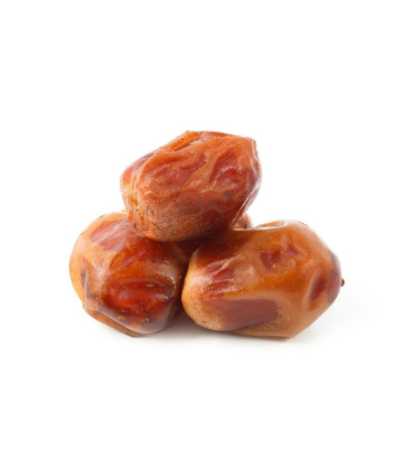Stock status
Showing all 6 results
Chopped Dates
-
Made from high-quality Sayer Dates cut into uniform golden-to-brown pieces
-
Coated with dextrose or rice flour to prevent sticking (customer choice)
-
Naturally sweet with soft texture and pleasant aroma
-
Ideal for bakeries, confectionery, cereal mixes, and healthy snacks
-
Long shelf life with premium packaging options
Mazafati Dates
-
One of the most popular and naturally sweet date varieties in Iran
-
Soft and delicate flesh with high natural moisture content (16–25%)
-
Dark brown to black color with thin, tender skin
-
Rich, juicy texture and pleasant aromatic flavor
-
Enjoyed fresh and suitable for both domestic and international markets
Piarom Dates
Harvested from the fertile lands of southern Iran
Naturally sweet with a rich caramel-like flavor
Long, slender shape with dark brown skin
High in fiber, potassium, and natural antioxidants
Ideal for healthy snacking or gourmet recipes
100% natural, with no added sugar or preservatives
Rabbi Dates
-
Semi-dry date variety with dark brown color and firm texture
-
Naturally sweet flavor with thin skin closely attached to the flesh
-
Long shelf life, suitable for storage and export
-
Carefully cleaned, sorted, and X-ray scanned for premium quality
-
Ideal for direct consumption and industrial applications
Sayer Dates
-
Premium semi-dry date variety with elongated shape
-
Color ranges from golden brown to dark brown
-
Tender, fleshy texture with naturally sweet flavor
-
Low moisture content, ideal for long-term storage and export
-
Consistent quality with multiple grades available
Zahedi Dates
-
Semi-dry dates with light yellowish-brown color and firm texture
-
Naturally sweet flavor and low moisture content
-
Long shelf life, ideal for storage and export
-
Suitable for direct consumption and industrial use
-
Available in multiple grades with consistent quality
Online Sports Nutrition and Natural Dietetics.
Chances are there wasn't collaboration, communication, and checkpoints, there wasn't a process agreed upon or specified with the granularity required. It's content strategy gone awry right from the start. Forswearing the use of Lorem Ipsum wouldn't have helped, won't help now. It's like saying you're a bad designer, use less bold text, don't use italics in every other paragraph. True enough, but that's not all that it takes to get things back on track.
The villagers are out there with a vengeance to get that Frankenstein
You made all the required mock ups for commissioned layout, got all the approvals, built a tested code base or had them built, you decided on a content management system, got a license for it or adapted:
- The toppings you may chose for that TV dinner pizza slice when you forgot to shop for foods, the paint you may slap on your face to impress the new boss is your business.
- But what about your daily bread? Design comps, layouts, wireframes—will your clients accept that you go about things the facile way?
- Authorities in our business will tell in no uncertain terms that Lorem Ipsum is that huge, huge no no to forswear forever.
- Not so fast, I'd say, there are some redeeming factors in favor of greeking text, as its use is merely the symptom of a worse problem to take into consideration.
- Websites in professional use templating systems.
- Commercial publishing platforms and content management systems ensure that you can show different text, different data using the same template.
- When it's about controlling hundreds of articles, product pages for web shops, or user profiles in social networks, all of them potentially with different sizes, formats, rules for differing elements things can break, designs agreed upon can have unintended consequences and look much different than expected.
This is quite a problem to solve, but just doing without greeking text won't fix it. Using test items of real content and data in designs will help, but there's no guarantee that every oddity will be found and corrected. Do you want to be sure? Then a prototype or beta site with real content published from the real CMS is needed—but you’re not going that far until you go through an initial design cycle.

